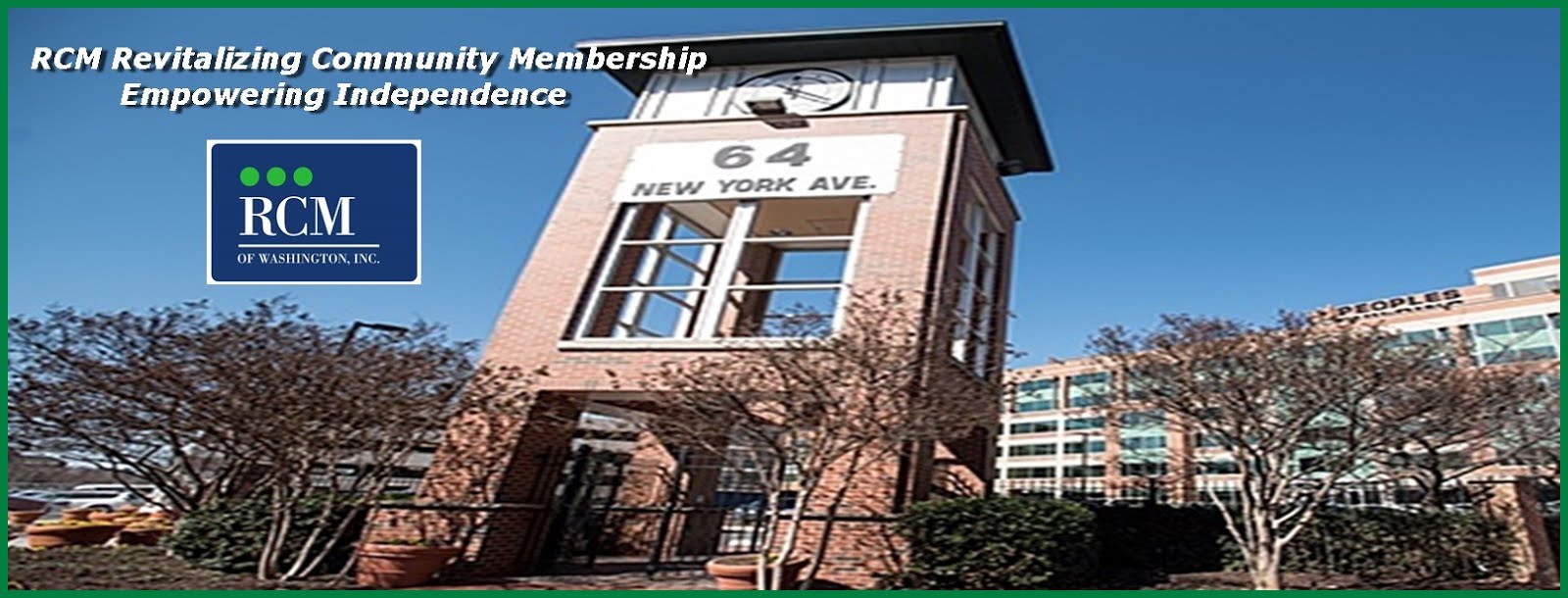The president of Autism Housing Pathways, Catherine Boyle,
calls the need for affordable supported housing for persons with developmental
disabilities a crisis, at least in Massachusetts. It is hard to imagine that
conditions in other states would be much different or better.
The way this housing crisis manifests itself is varied:
“This housing crisis takes many forms: the young autistic
adult who has aged out of foster care and is couch surfing; the parent with a
child with a disability who faces foreclosure; the individual with a
developmental disability who has been unable to hold a job and lives at home
with elderly parents.”
Boyle points out that children with intellectual and
developmental disabilities age out of services provided by special needs
education at the age of 22. The Massachusetts Department of Developmental
Services ends up providing 24/7 residential supports for about 30 percent of
those young people, with the remainder surviving without assistance, often in
the family home, until the family ages and becomes unable to provide the kind
of care they need. In Connecticut, one issue that the state is addressing is
persons with intellectual or developmental disabilities whose caregivers are
over 70; the state budget allocated $4 million to find housing for persons with
disabilities with aged caregivers, but that was only enough for 136 persons,
leaving more than 2,000 others on waiting lists for assistance.
Boyle makes specific recommendations: an increase in
funding in the Massachusetts Affordable Housing Voucher Program, clarification
about the kinds of housing developments in which DDS will provide support, and
mechanisms that would allow individuals to combine resources from multiple
funding streams. (The budget passed by the Massachusetts state senate in May
recommends $4.75 million for AHVP in FY2016, an increase of $1.2 million over
FY2015, which would be, according to RealEstateRama, “the first significant
increase for AHVP since the program began twenty years ago.”)
To read more on this story, click here: The AffordableHousing Crisis of Persons with Intellectual and Developmental Disabilities
FOLLOW US! 



No comments:
Post a Comment